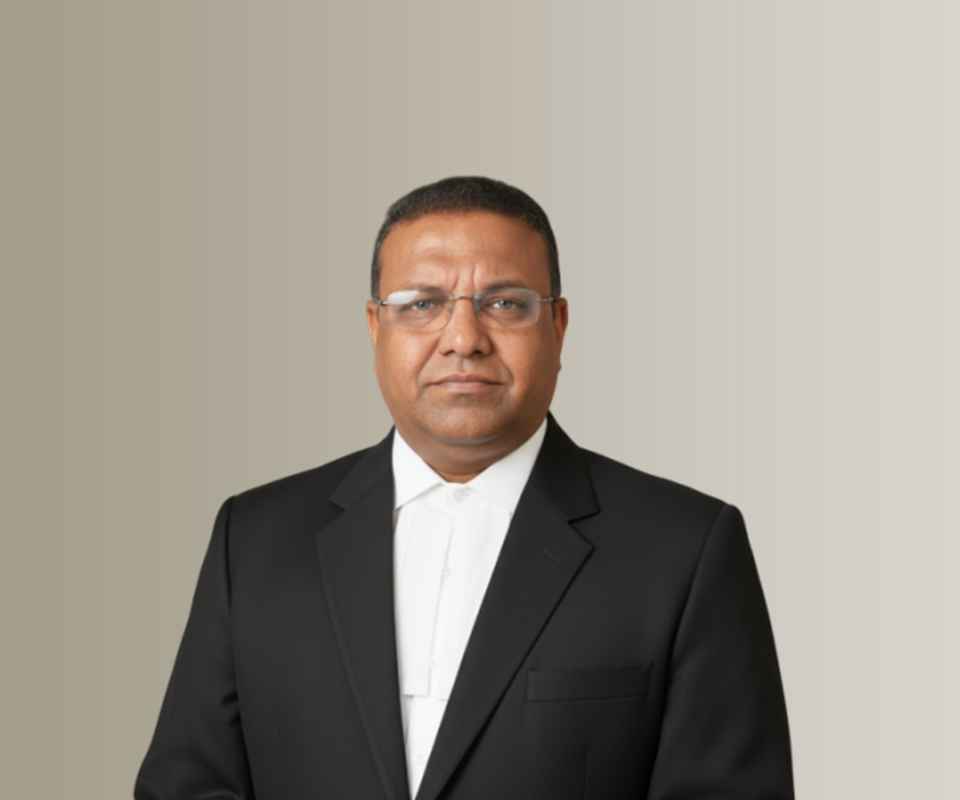Answer By law4u team
In India, adoptive parents are generally eligible for government benefits for their adopted children, much like biological parents. Once the adoption is legally finalized, the adopted child is considered the legal heir of the adoptive parents, and they have the same rights to welfare schemes, financial assistance, and other social benefits that are available to biological children. These benefits may include education subsidies, healthcare programs, nutritional schemes, and other state-sponsored assistance aimed at child welfare. The legal recognition of the child as an adopted child under Indian adoption laws, such as the Hindu Adoption and Maintenance Act (HAMA), Juvenile Justice Act, and other child welfare legislations, ensures that they are eligible for these benefits.
Key Aspects of Government Benefits for Adoptive Parents
Social Welfare and Child Protection Schemes
Once an adoption is finalized, an adopted child has the same rights to access child welfare programs as a biological child. The Indian government runs several welfare schemes targeting child development and protection, and adoptive parents are eligible to apply for these schemes on behalf of their adopted children. Some of these programs include:
- Integrated Child Development Services (ICDS): Offers nutritional support, healthcare, and early childhood education to children in need, including adopted children.
- Midday Meal Scheme: Adopted children enrolled in schools can avail the Midday Meal Scheme, which provides free meals to students.
- National Child Labour Project (NCLP): For children rescued from labor or those in vulnerable situations, adopted children may benefit from rehabilitation programs.
Financial Support and Assistance
Adoptive parents may apply for various financial support schemes available for children, including those aimed at improving the economic welfare of families with children. These include:
- Child Welfare Fund: State governments may offer one-time financial assistance to adoptive parents under the Child Welfare Fund, designed to support families that adopt children in need.
- Adoption Subsidies: Some states provide financial incentives or subsidies to adoptive parents for adopting children with special needs or children from orphanages. These subsidies aim to ease the financial burden of adopting children, especially those with medical or developmental challenges.
Health and Education Benefits
Adopted children have access to government health programs, including free medical treatment under various government health schemes, such as the Ayushman Bharat scheme. Adoptive parents can also apply for government-sponsored educational benefits, such as scholarships, free textbooks, and education grants available to children in lower-income or vulnerable situations.
- Healthcare Programs: Adopted children are eligible for free medical treatment under government schemes like Ayushman Bharat.
- Education Benefits: Adoptive parents can also apply for government-sponsored educational benefits, such as scholarships, free textbooks, and education grants.
- Free and Compulsory Education: Under the Right to Education (RTE) Act, adopted children are entitled to free and compulsory education until the age of 14, if they meet the eligibility criteria based on their socioeconomic background.
Legal Recognition and Equal Treatment
Once a child is legally adopted, they are treated as biological children of the adoptive parents in the eyes of the law. Therefore, they are entitled to the same legal rights as biological children, including:
- Inheritance Rights: The adopted child has the right to inherit the property of their adoptive parents, similar to a biological child.
- Social Security Benefits: Adopted children are eligible for any social security benefits, pension plans, or other governmental programs that are intended for children, especially those from low-income families.
State-Specific Welfare Programs
Several Indian states run special welfare programs aimed at children, which are open to adopted children. These programs often focus on child welfare, health, education, and nutrition. For example:
- Delhi: The state government offers schemes like healthcare services, nutritional assistance, and education support to children from economically weaker sections, including adopted children.
- Special Needs Benefits: States like Maharashtra and Tamil Nadu offer special financial support for the adoption of children with disabilities or those with medical needs, recognizing the additional expenses faced by adoptive parents.
Eligibility for National Social Assistance Program (NSAP)
If an adopted child comes from a below-poverty-line (BPL) family, they can qualify for government assistance programs under the National Social Assistance Program (NSAP), which includes schemes like the old age pension, widow pension, or disability pension, depending on the family’s situation. The child’s welfare and protection are considered under the larger umbrella of poverty alleviation programs.
Pension Plans and Insurance
In some cases, adoptive parents may apply for child-specific welfare benefits such as insurance coverage or pension schemes for their adopted children. In many states, life insurance benefits or pension funds are available to children through specific government programs aimed at ensuring their future security.
Example
Ramesh and Anita adopted a 4-year-old girl, Simran, from a government-recognized adoption agency. After the adoption was finalized, Ramesh and Anita applied for financial assistance under the Special Needs Adoption Subsidy offered by the state government since Simran had some developmental delays. They also enrolled her in a nearby school where she could avail herself of the Midday Meal Scheme. Additionally, Ramesh applied for healthcare benefits under the Ayushman Bharat scheme, ensuring that Simran had access to free healthcare.
Later, Simran’s adoption made her eligible for the Right to Education Act (RTE), providing her free education in a nearby school, which alleviated some of the financial burden on the adoptive family.
Summary
Yes, adoptive parents in India are eligible to apply for government benefits for their adopted child, just like biological parents. Once the adoption is legally finalized, the child is entitled to a range of social welfare schemes, including healthcare, education, nutritional assistance, and other financial support programs. These benefits aim to ensure the welfare and protection of the child and include schemes like Ayushman Bharat, the Midday Meal Scheme, Right to Education, financial subsidies for special needs adoption, and various state-specific welfare programs. The government treats adopted children as legal children of the adoptive parents, granting them equal rights to welfare and social security benefits.






